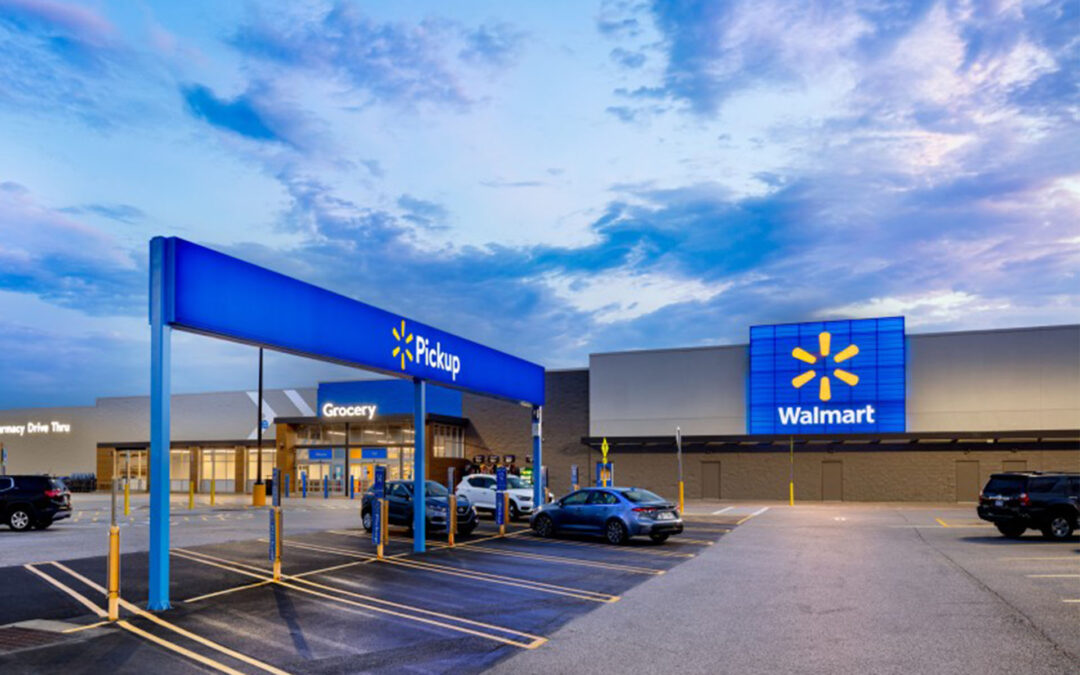Financial service provider Synchrony has released its new Future of Shopping study, which reveals that consumers seek highly personalized experiences that simplify choice and flexibility, the company announced.
The study is based on Synchrony’s survey of 1,000 U.S.-based consumers and indicates that the proliferation of retail channels, formats, platforms and intermediaries has fragmented the shopping landscape over the past few years, creating stress for both shoppers and retailers. So, the way forward will depend on developing more connected experiences across channels, brands, online and in-store. Outstanding customer service and brand ambassadors will be part of helping consumers gain insights and develop loyalty.
Of the consumers Synchrony surveyed, the company stated:
- 67% believe that multiple brands should mount joint offers and enhance the shopper experiences across channels.
- 42% would be likely to register or participate in future experiences where brands provide a range of connected shopping options such as an app that connects a concert ticket purchase to a personal calendar and suggests an outfit for the event and where to buy it.
- 52% expressed interest in an in-store engagement where the associate leverages crowd-sourced ratings combined with customer preferences to deliver recommendations in real time to shopper phones.
Shoppers are turning to intermediaries to help guide their purchase decisions and narrow down their choices, Synchrony pointed out, which can have a major impact when brands don’t make it through such filters. In the end, consumers want fewer and more appropriate products presented to them when they shop online. Indeed, 62% of survey respondents said their shopping experience would be simpler if stores offered fewer choices, 81% expect to see a world where hyper-personalization is rolled out by 2030 and 55% expressed an intent to use on-site personalization services where available.
Although consumers have always cared about convenience, today’s shoppers are more concerned with the flexibility, access and speed of experience. The act of shopping will continue to move away from being an isolated activity and become part of other activities such as scrolling through social media, gaming or going for a walk. In the study, 64% of respondents believe that brands will reach them through separate but linked activities, such as social media activity linked to geo-location recommendations while out on a walk and metaverse brand interactions that direct shoppers to the nearest physical location with tailored recommendations. Consumers anticipate interacting with smart carts that integrate shopping and checkouts, with 67% of shoppers agreeing that smart carts could enhance their lives and 75% saying that smart carts would be a possibility and become popular over the next seven years.
“Our study found that shopping does not happen in isolation, but rather with connected ecosystems driven by unique technologies that play a critical role for retailers seeking to meet these consumer demands,” said Florin Arghirescu, Synchrony’s senior vp and chief product officer, in announcing the study results. “Synchrony is working with partners to offer curated, convenient consumer experiences whether that’s enabling choice and flexibility in financing in-store or online or mobile wallet provisioning for purchases on the go.”





